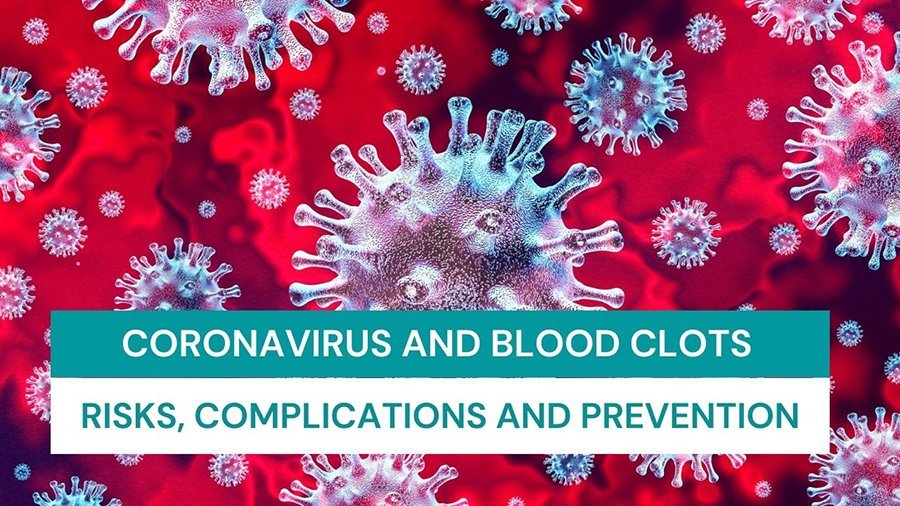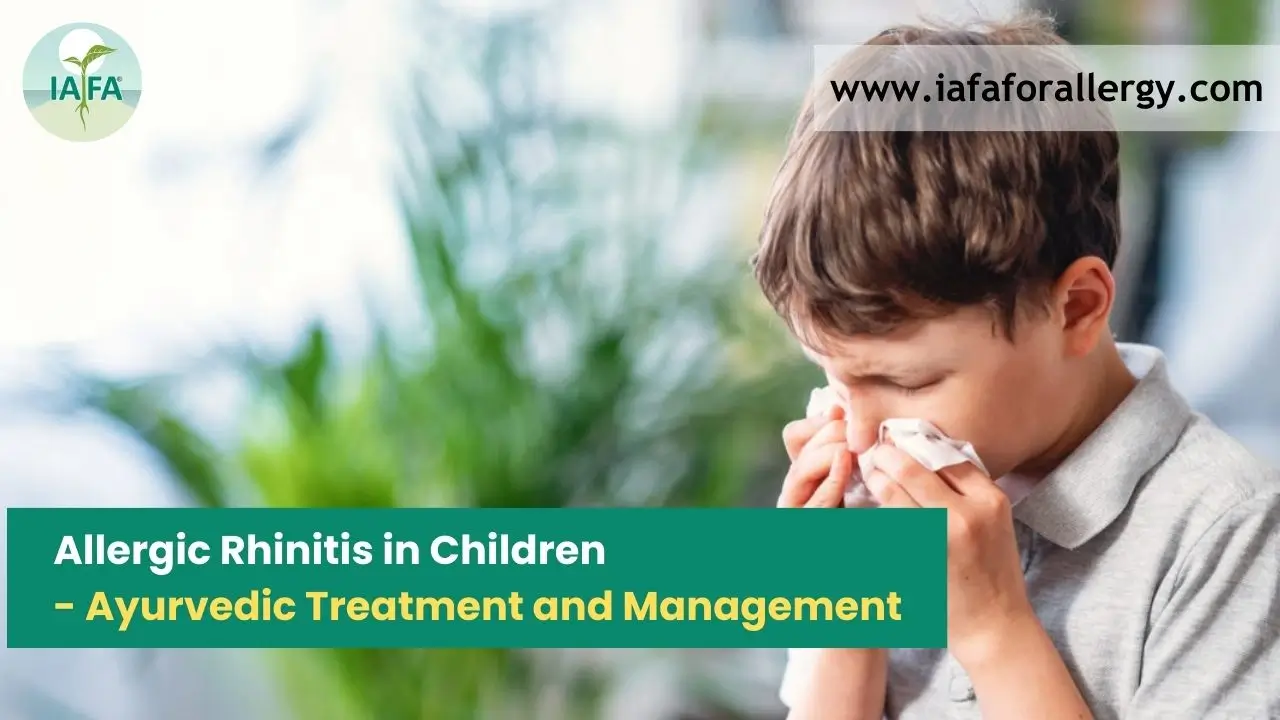The emergence of unusual blood clots in COVID-19 patients is a real concern which needs critical attention. Covid outbreak has led to extra-pulmonary manifestations in patients which are the cause of concern. Usually, the symptoms of COVID-19 include fever, sore throat, dry cough and shortness of breath as common clinical manifestations. Asymptomatic cases are also being reported which are more difficult to diagnose. Due to COVID-19, there is formation of clots in the small vessels of lungs, heart, liver and kidneys which are responsible for heart attacks and strokes. The critical COVID-19 patients have high levels of blood clotting or elevated levels of D-dimer. The development of these mysterious clots causing abnormalities in coagulation and thrombosis is the real concern which needs to be addressed. Blood Clotting in COVID-19 is most often seen in people who have been hospitalized with the disease.
Clots that form inside a deep vein can be extremely dangerous as these clots may not dissolve on their own and they can stop the blood flow. This can be fatal. In some cases, a clot can break off and travel to other parts of the body. This is known as embolus.
What are the Symptoms of Blood Clots?
- Coughing up blood
- Throbbing or cramping pain in the limbs
- Sharp chest pain
- Sudden breathlessness
- Swelling, darkening of skin and warmth around the clot
Who are at Higher Risk for Developing Blood Clots?
- Those who have high levels of certain markers: In hospitalized COVID-19 patients, it was found that these had high D-dimer levels. Other clotting and inflammatory markers have also been associated with blood clotting.
- People who are hospitalized: Most cases of blood clots in people with COVID-19 have been reported in those who have been hospitalized.
- Some other conditions such as diabetes, heart disease and obesity are also responsible for the development of blood clots.
What are the Complications of Blood Clots?
- Pulmonary Embolism: Pulmonary embolism occurs when a blood clot travels to the lungs and blocks the blood flow. This results in decreased oxygen levels and damage of lung tissue.
- Stroke: The formation of blood clots can block the blood vessels in the brain which interrupts the flow of blood and leads to stroke. If a clot temporarily reduces blood flow, it can cause mini stroke or transient ischemic attack (TIA).
- Heart Attack: Heart attack occurs when blood flow to the heart tissue is cut off.
It is also possible that a blood clot could restrict the flow of blood in other parts of the body such as limbs, gastrointestinal tract and kidneys.
The clots that are formed due to COVID-19 can also affect capillaries. These tiny clots can be dangerous in people with COVID-19 pneumonia, where fluid build-up and inflammation make it difficult to breathe. A clot that is formed in the capillaries inside the tiny sacs of the lungs can also restrict blood flow and lowers the oxygen saturation as well.
How to Prevent the Formation of Blood Clots?
The formation of blood clots can be reduced in general by doing the following:
- Stay active: Regular exercise should be the part of daily routine as a sedentary lifestyle can increase the risk of formation of blood clots. Try to take regular breaks while working hours.
- Avoid smoking: Smoking can damage the lining of blood vessels and possibility of formation of blood clots increases.
- Obesity: Obese people should lose weight as shedding excess weight can help to lower the risk for developing blood clots.
- Side-effects of certain medications: Intake of certain medicines such as birth control pills, certain cancer drugs, hormone replacement therapy etc. can increase the risk of blood clots.
The best way to prevent COVID-19 related blood clots is by taking precautions. The most effective ways to avoid coronavirus disease is to:
- Wash your hands frequently.
- Wear a face mask while going outside.
- Practice social distancing.
- Avoiding people who are sick.
Conclusion
Coronavirus disease can potentially cause blood clots but it is unclear how coronavirus disease leads to blood clots. However, the infection has been found to activate the cells that are involved in the clotting process.








